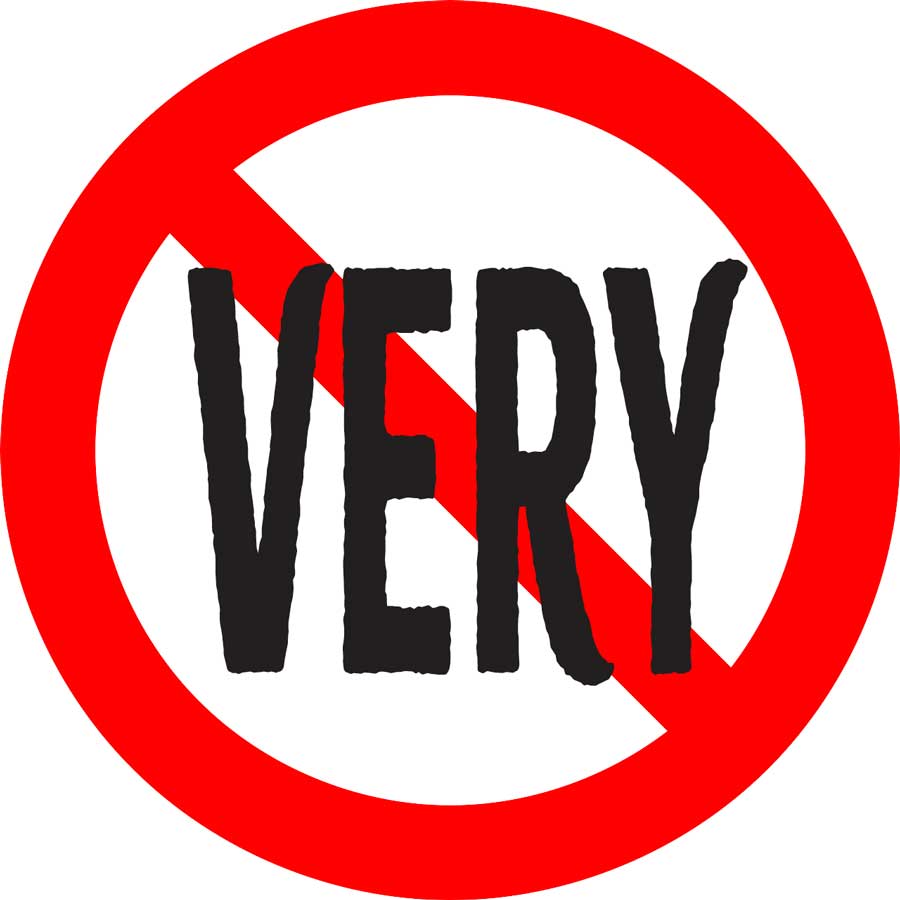We may receive a commission when you make a purchase from one of our links for products and services we recommend. As an Amazon Associate we earn from qualifying purchases. Thank you for support!

Want to making your writing clearer? Using synonyms in your writing is an easy way to connect with your audience and keep your writing fresh. Today we share 10 tips for how to use synonyms and choose the right words everytime you write.

Have you ever caught yourself in the middle of writing and notice you’ve been using the same word or expression over and over? Did you ever feel stuck because you were striving for variety but were having difficulty finding the right words?
Keeping a limited and mind-numbing vocabulary is certainly no one’s idea of fun. Writer or not, it takes a while to expand knowledge on word stock.
Simple rephrasing or rewording sometimes doesn’t work. There’s context and structure to consider. Being able to refer to the same thing in varying ways is what makes writing a formidable skill to master. Consistency in pursuing knowledge and practice is what makes an excellent wordsmith.
Here are some ways to help you in becoming an expert scribe and finally master the use of synonyms in your writing once and for all.
1. Observe and Replace

Self-awareness of what words you choose to use is the key to becoming a better writer. Observe the words or key phrases you always use. Research for alternatives.
Once you identify which words need changed, slowly replace the ones you regularly use with their alternatives. If you use them enough, eventually it will stick. You can make it a goal to work on 5 phrases or words at a time.
| These commonly used words… | can be replaced with… |
| for example | for instance, to illustrate, let us say |
| really | certainly, absolutely, indubitably |
| said | babbled, blurted, commented |
| in conclusion | all things considered, in a nutshell, to sum up |
| actually | clearly, certainly, veritable |
2. Gauge Word Fit Based on Context

A thesaurus is a great tool to help broaden word choice, but it’s not always easy enough to just pick any old word from a list. Don’t substitute words without considering context. While it presents you with words that are related to what you have, they may have slightly different definitions.
Consider the yellow bananas above. If you call them mouth-watering, this paints an entirely different meaning than you might if you just called them delicious.
This is why they say in order to improve one’s writing style, the person must also be willing to invest time reading. By reading, you observe what makes sense to use by noticing how words differ in meaning and usage.
There are also some instances, like learning colloquial terms, which can be learned by conversing and interacting with people which brings us to our next point.
3. Maintain a Record of New words You Encounter

One of the things you may want to consider including in your writer’s notebook is maintaining a record of new words you come across.
Take note of their meaning and how they were being used. Cite examples.
Doing so will allow you to easily recall and use them when needed. Try to use them in your day to day conversations to grow accustomed to it.
Keeping track of your favorite synonyms and jotting down different ways to say something can help you with writing dialogue and also improving the revision process of your work.
4. Enhance your writing style with Euphemisms

Euphemisms are the “nice words” we say when other words might be too strong. Unless it was your intention to be blunt or harsh, a good grasp of euphemisms can help improve your communication style and avoid miscommunication.
| Instead of | Use |
| fire someone | let someone go |
| abort | terminate |
| died | passed away |
| euthanize | put to sleep |
| unemployed | in between jobs |
| homeless | on the streets |
| short | petite |
| bankrupt | financially challenged |
5. Use Idioms to Spice It Up

Idiomatic expressions can make a reader pause, think and evaluate a situation.There are instances wherein using idioms can help denote cultural aspects as well.
The trick with using idioms in your writing is to use them sparingly and only when absolutely necessary – you don’t want to risk your work sounding cliché.
Here are some interesting idioms you can use as synonyms while writing:
| Idiom | Meaning |
| let the cat out of the bag | tell a secret |
| split hairs | argue over small details |
| be glad to see someone’s back | be happy to see someone leaving |
| cutting corners | doing something badly |
| in the doghouse | to have some people unhappy with you |
6. Be Precise
Merely using an adjective is not going to provide a reader with the most vivid picture of what’s going on. Take the time to use the surroundings as means of comparison or contrast. These are some ways you can say it better:
The room is hot. → The room’s temperature is oven-like.
John is tall. → John almost reaches the ceiling.
He is noticeable. → You will not miss his presence once he enters the room.
She is very beautiful. → Her face could stop the traffic whenever she crosses the street.
The house is very messy. → The house is akin to a big dumpsite. You would take hours rummaging through the household items to find what you need.
7. Avoid the use of “very.”

The author of Dead Poets Society, N.H Kleinbaum, pointed out that using “very” to describe something is an act of laziness, to which we absolutely agree!
For lack of apt words to describe something, people tend to insert the word “very” to up the degree of the adjective. This can be avoided by introducing new words into your vocabulary to properly portray the intensity you aim for. Case in point:
| Instead of | Use |
| very strong | unyielding |
| very old | ancient |
| very afraid | terrified |
| very poor | destitute |
| very risky | perilous |
| very big | immense |
| very weak | feeble |
| very large | colossal |
| very cold | freezing |
| very stupid | idiotic |
| very noisy | deafening |
| very shy | timid |
| very quick | rapid |
| very shiny | gleaming |
| very short | brief |
8. Develop a love for stories and creative pieces.

Keep a pile of nonfiction novels for a good read. This form of writing exposes you to different approaches to describing a scene or situation. Best selling authors have acquired the skill of using words and phrases to perfectly paint a clear picture or situation. They take you to the plot and let you imagine what happens next as if you were there.
9. Take vocabulary quizzes.
There are quite a lot of vocabulary quizzes you can take online. You can learn something new and have fun at the same time.
Merriam-Webster for one has become crafty by coming up with an online quiz they call, “How Strong Is Your Vocabulary” which you have to answer in 10 seconds. Enhancing the inner thesaurus in you does not have to be boring. Always challenge yourself. Aim to continuously improve your communication skills.
Learn 18 Ways to Improve Your Vocabulary Skills Here
10. Offer to edit other people’s work

Editing other people’s write-up could make you keen on frequently committed errors in grammar, flow, clarity, etc. It could help you pick up new words, learn alternative ways to say things and acquaint yourself with other styles of writing. You could harvest new learnings from what you are reading and editing.
There’s nothing you will regret from opting to expand your vocabulary and enhance your communication style. Learning to write using synonyms and say things better will make it easier for you to interact with people better and be clearer with your intentions.
Do you have any tips for writing with synonyms and choosing words for your writing? Share your thoughts and experiences in the comments section below!





